Panel Sessions
Submission Link: https://www.xcdsystem.com/IEOM/abstract/index.cfm?ID=3rnJUID
Registration Link: https://www.xcdsystem.com/IEOM/attendee/index.cfm?ID=bUfy2NG
Lean Six Sigma Panel
2:30 – 4:00 pm (December 27, 2023) – Room 5
Panel Chair
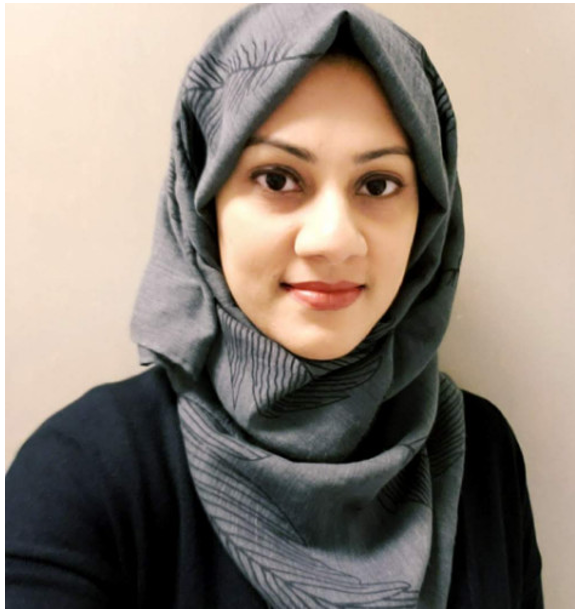
Dr. Tahsina Farah Sanam
Associate Professor in the Institute of Appropriate Technology
Bangladesh University of Engineering and Technology (BUET)
Dhaka, Bangladesh
Dr. Tahsina is currently serving as an Associate Professor in the Institute of Appropriate Technology at Bangladesh University of Engineering and Technology. Dr. Sanam completed her Ph.D. from the Department of Electrical and Computer Engineering, Rutgers University, New Jersey in 2020. She earned both her M.Sc. degree in Electrical and Electronics Engineering in 2012, and B.Sc. degree in Electrical and Electronics Engineering in 2009 from Bangladesh University of Engineering and Technology. Her research areas lie at the intersection of applied machine learning, signal processing, and cyber physical systems with a focus on smart city, intelligent systems, and environment sensing & monitoring.
Dr. Sanam’s primary research focus is to exploit artificial intelligence, advanced statistics and machine learning techniques to make homes and offices beyond smart. The Internet of Things (IoT) has shifted from an emerging idea into an established industry in its own right – one that smart cities will be an integral part of. Smart city projects leverage IoT, AI, and networking to make urban living more efficient and convenient through everything from smart traffic lights and data-driven energy efficiency schemes, smart hospitals, to electric vehicle (EV) charging stations and interactive kiosks that offer free broadband. In the approach of the Smart Cities Mission, the objective of Dr. Sanam’s research is to promote cities that provide core infrastructure and give a decent quality of life to its citizens, a clean and sustainable environment and application of ‘Smart’ Solutions. The focus is on sustainable and inclusive development and the idea is to look at compact areas, create a replicable model which will act like a lighthouse to other aspiring cities. With that aim, her goal is to establish an independent research career in Bangladesh with multidisciplinary collaborations in the field of smart city development leveraging the advanced Internet of Things (IoT) and Artificial intelligence (AI) technologies to make sensor-based systems smarter, trustworthy, and easier to use. She is currently in charge of the research laboratory named ‘Cyber Physical Intelligence’ at IAT, BUET as the Lab Director. The Cyber Physical Intelligence (CPI) Laboratory’s overarching mission is to propose novel sensing paradigms to transform raw sensed heterogeneous data into valuable information (by giving semantic meaning to the collected data) and, finally, into knowledge through information fusion and integration. The paradigms will apply to those distributed systems that need to timely react to sensor information with an effective action such as cyber-physical systems, which feature a tight combination of, and coordination between, the system’s computational and physical elements. The significance of the research is to leverage the acquired knowledge to broaden the potential of cyber physical systems in several dimensions, including smart healthcare, e-commerce, augmentation of human capabilities, understanding of human activities, smart medical waste management and smart traffic management, to name a few.
Panel Speaker I
Panel Speaker II
Panel Speaker III
Panel Speaker IV
Global Engineering Education Panel
Assessment and Accreditation – Student Learning
2:30 – 4:00 pm (December 28, 2023) – Room 5
Panel Honorary Chair
Prof. Dr. Jamal Uddin Ahamed
Head, Department of Mechatronics and Industrial Engineering
Professor, Department of Mechanacal Engineering
Chittagong University of Engineering & Technology
Pahartoli, Raozan, Chittagong, Bangladesh
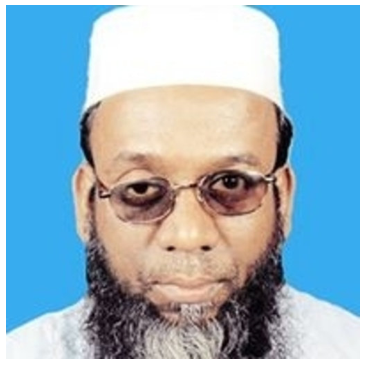
Panel Chair
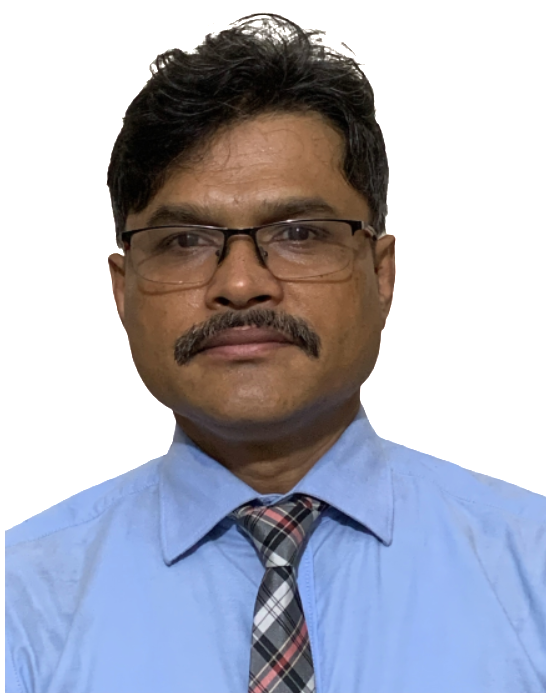 Dr. Abu Taher
Dr. Abu Taher
Associate Professor & Chairman
Department of Industrial and Production Engineering
European University of Bangladesh
Dhaka, Bangladesh
Dr. Abu Taher is an Associate Professor at European University of Bangladesh. His research interests include Waste Management, Solar Cell, Catalysis, Nano-materials and Neno-technology. He earned his PhD from Inha University, South Korea; MSc and BSc from University of Rajshahi, Bangladesh. He was a Faculty member at Inha University, South Korea.
Selected Publications:
- Mymuna Sabrina, Most. Sayima Siddika, Abu Taher, M. Azizul Islam, Bilkis Jahan Lumbiny: Dye and Preservative Efficacy Screening of Some Synthesized Substituted Chalcones through their Bioactivity, Journal of Multidisciplinary Engineering Science and Technology, 2021 (April-2021), 8, 13858-13862.
- Abu Taher, Md. Abu Bin Hasan Susan, Noorjahan Begum, Ik-Mo Lee: Aminefunctionalized metal–organic framework-based Pd nanoparticles: highly efficient multifunctional catalysts for base-free aerobic oxidation of different alcohols, New J. Chem., 2020, 44, 19113-19121.
- Abu Taher, Dong Wook Kim: Pyrene-Tagged Alcoholic Ionic Liquids as Phase Transfer Catalysts for Nucleophilic Fluorination, Bull. Korean Chem. Soc., 2020, 41, 1140-1146.
- Abu Taher, Bilkis Jahan Lumbinyb, Ik-Mo Lee: A facile microwave-assisted Knoevenagel condensation of various aldehydes and ketones using amine-functionalized metal organic frameworks, Inorganic Chemistry Communications, 2020, 119, 108092.
Panel Speaker I
Panel Speaker II
Panel Speaker III
Panel Speaker IV
Women in Industry and Academia Panel
Diversity and Inclusion Panel sponsored by Ford Motor Company
4:00 – 5:30 pm (December 28, 2023) – Room 5
Panel Chair
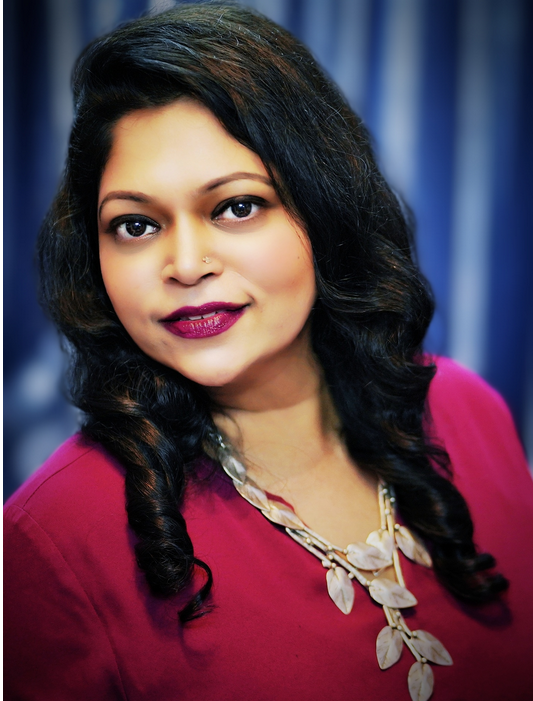 Annesha Ahmed, PMP
Annesha Ahmed, PMP
Director, Strategy and Business Development
Dhaka, Bangladesh
- PMP (Project Management Institute, USA), MBA in International Business (Dhaka
University), BSc in CSE (BRAC University), Mandarin Language Efficient (IML-Dhaka
University) - 16+ Yrs. experience in Business Development Strategy, Project Management, Marketing,
Business Research and Consultancy in Power Generation and CMMI Level 5 ITES
companies. - Currently working as Director, Strategy and Business Development, Diesel Power Services
Limited, 30+ years old off Grid power supply management company with 80% of area
coverage in Bangladesh. - Involved in Volunteering with Project Management Institute since 2013. Currently leading
PMI Bangladesh Chapter as President.
Panel Co-Chair
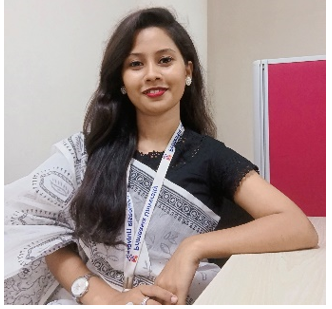 Kazi Nusrat Islam
Kazi Nusrat Islam
Lecturer in Mathematics
Northern University
Banani, Dhaka, Bangladesh
Assistant Editor of IEOM Society International
Kazi Nusrat Islam is a Lecturer of Mathematics at Primeasia University, Banani, Dhaka, Bangladesh. Additionally, she is working as an Assistant Editor in an International Society of Industrial Engineering and Operations Management. She earned Bachelor of Science and Master of Science in Mathematics and Applied Mathematics respectively from Khulna University (KU), Bangladesh, under Science Engineering and Technology School. Also, she was the Director of Program/ Activities of Industrial Engineering and Operations Management (IEOM) student chapter in Khulna University (2019- 2020). In 2022, she was honored with the National Science and Technology (NST) Fellowship, a prestigious accolade bestowed by the Ministry of Science and Technology in Dhaka, Bangladesh. Her academic prowess was also acknowledged through the Khulna University Academic Merit Scholarship in 2021, following a consistent track record of excellence that earned her the Undergraduate University Merit Scholarship from 2016 to 2020. At the 5th Industrial Engineering and Operations Management Bangladesh Conference in 2022, she was the recipient of the outstanding conference service award from IEOM Society International, USA. She has some journal and conference papers, also attended different conferences as well as several webinars. She has lifetime membership of Bangladesh Society for Mathematical Biology (BSMB), Dhaka, Bangladesh, and full membership of Organization for Women in Science for the Developing World (OWSD), Trieste, Italy. Her research interests include mathematical Modeling with ODEs, Mathematical Biology, Mathematical Ecology, Mathematical Sociology, and epidemiology.
Panel Speaker I
Panel Speaker II
Panel Speaker III
Panel Speaker IV
